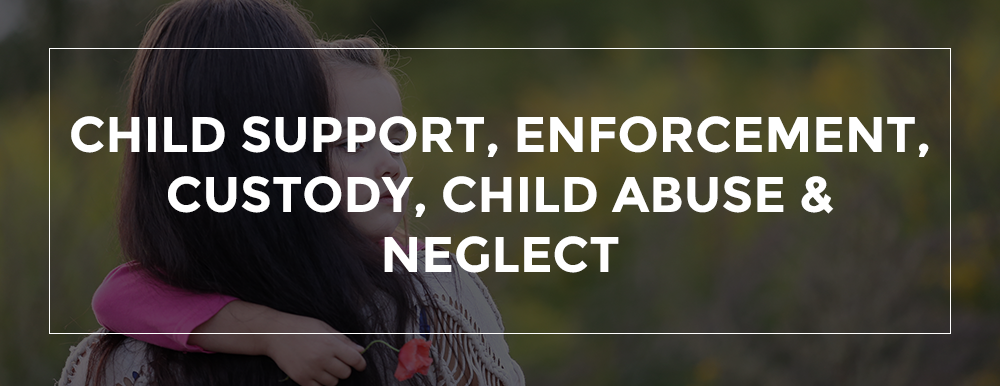MARYLAND SPOUSAL SUPPORT
When a couple divorces or separates, a Maryland court may order one spouse to pay the other spouse regular monthly payments. Alimony should not get confused for child support because although both of these payments can be given to a certain individual, they serve different purposes.
There are three types of alimony:
- The first is known as alimony pendent lite, which is a temporary payment made while the case is pending.
- Rehabilitative alimony is payment for a definite period of time to allow the spouse to become self-supporting.
- And the last type, indefinite, is referred to a permanent alimony.






